On November 4, 2014, Grand Challenges Explorations grants were announced for 61 researchers from around the world. Each will receive $100,000 to conduct early-stage research projects focusing on one of five global health and development challenges selected for this Round.
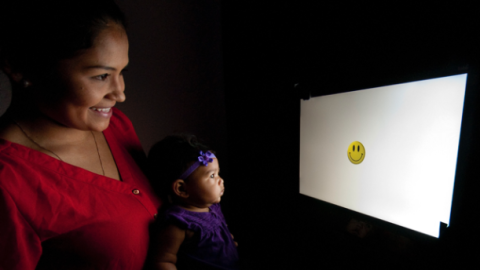
Shannon Ross-Sheehy of East Tennessee State University in the U.S. will study whether simply monitoring eye movements in infants can be used to measure their neural development.
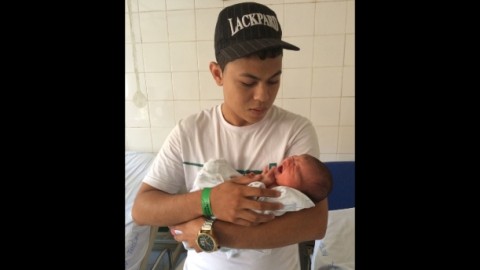
Marilyn Nations from the University of Fortaleza in Brazil will evaluate a program established in 1990 at a public hospital in Fortaleza that was designed to increase bonding between fathers and their newborns and thereby improve overall health, as well as reducing crime rates.
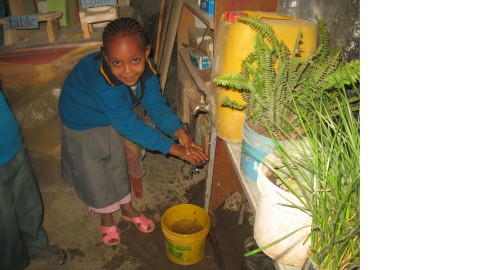
Zvi Bentwich of Ben Gurion University in Isreal will support mass drug eradication efforts against parasitic worm infections in Ethiopia by implementing in parallel a health education campaign run by local students and the provision of clean water and sanitation facilities.
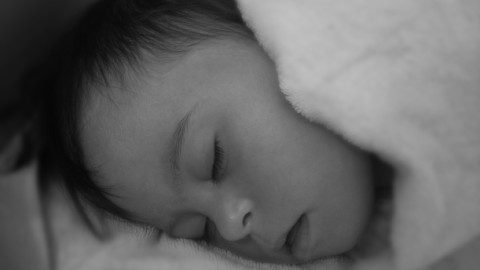
Jamie Edgin of the University of Arizona in the U.S. will determine whether the quality of sleep in infants can predict the level of specific brain functions such as language and cognition later in childhood.
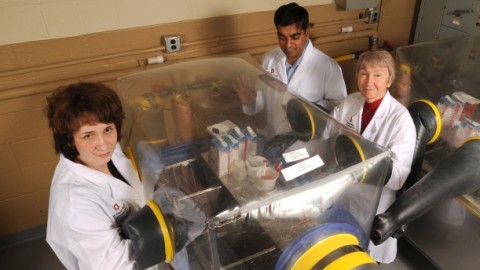
Linda Saif from Ohio State University in the U.S. will develop a pig model to recapitulate the vicious cycle of malnutrition and repeated enteric infections seen in young children in developing countries in order to study the underlying biology and identify effective treatments.
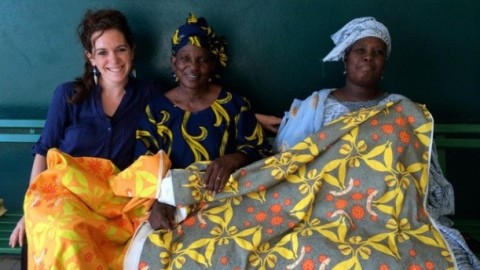
Anne de Groot of GAIA Vaccine Foundation in the U.S. will use printed West African Cloth to educate women on the benefits of screening and vaccinating against Human Papilloma Virus (HPV), which causes cervical cancer.
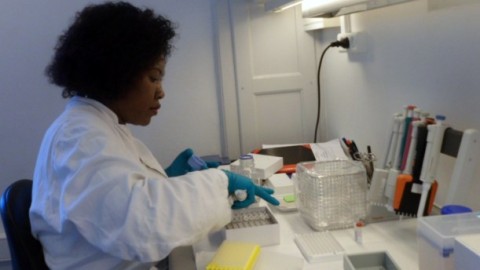
Mbutolwe Mwakitalu of the National Institute for Medical Research in Tanzania will expand treatment of parasitic worm infections to nomads in Tanzania by coupling the provision of anthelmintic drugs with drugs and vaccines for livestock, which are highly valued by this community.
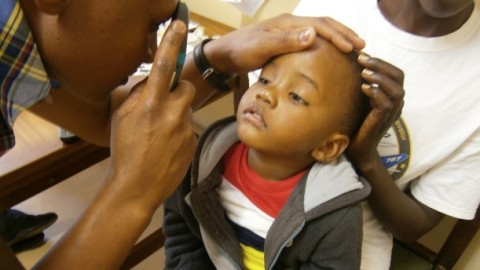
Farrah Mateen of Massachusetts General Hospital in the U.S. will measure the thickness of the retina in children from Zimbabwe over the first five years of life using a handheld optical coherence tomography device to determine whether they can identify abnormal brain development in low-income settings.
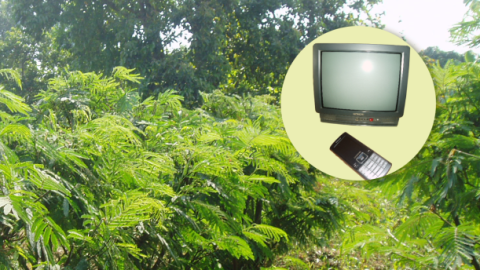
Evelyne Kiptot from the World Agroforestry Centre in Kenya will evaluate whether television programs can teach innovative agricultural practices to dairy farmers, and whether mobile phones can be used to measure their performance.
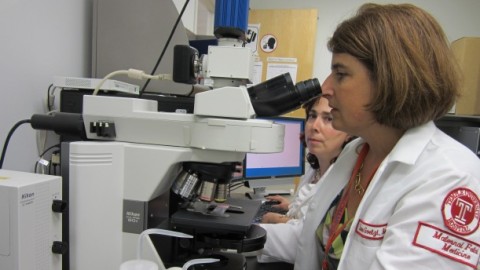
Laura Goetzl of Temple University in the U.S. will analyze whether the presence of specific microRNAs in maternal blood during early pregnancy can act as biomarkers of fetal neurodevelopment.

Susana Nery of the University of Queensland in Australia will test whether soil transmitted helminth infections in school children from developing countries can be better controlled by providing deworming and improved hygiene practices to an entire community as opposed to just the schools, which is the current WHO recommendation.
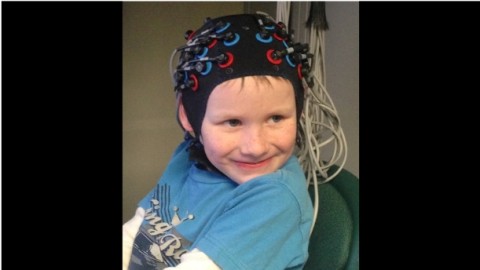
John Spencer of the University of Iowa in the U.S. will utilize functional near-infrared spectroscopy to measure brain activity during specific tasks and during resting states in young children of different ages to determine how they change over time.
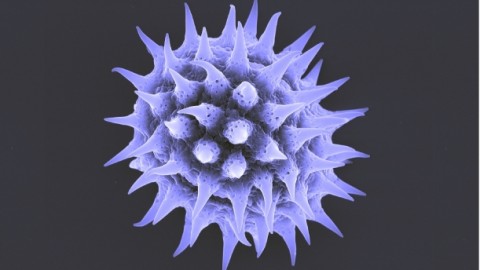
Carson Meredith from Georgia Tech in the U.S. will determine whether pollen can measure gut function by assessing mucus qualities, which vary along the gastrointestinal tract particularly in children with enteric diseases.
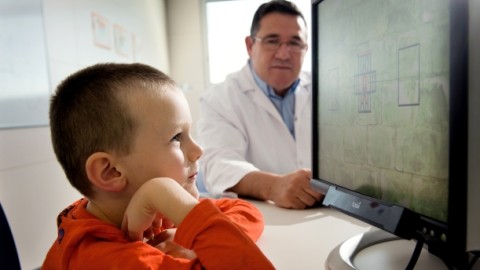
Hans Super of Braingaze in Spain will develop a low-cost application for smart phones that can measure eye vergence, which is when the two eyes align on one object, as a potential proxy for cognitive development in infants.
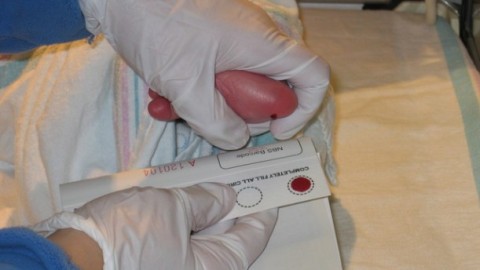
Kumanan Wilson of Ottawa Hospital Research Institute in Canada will analyze whether specific metabolic analytes found in blood spots collected routinely from newborns in many countries can be used to accurately determine gestational age.